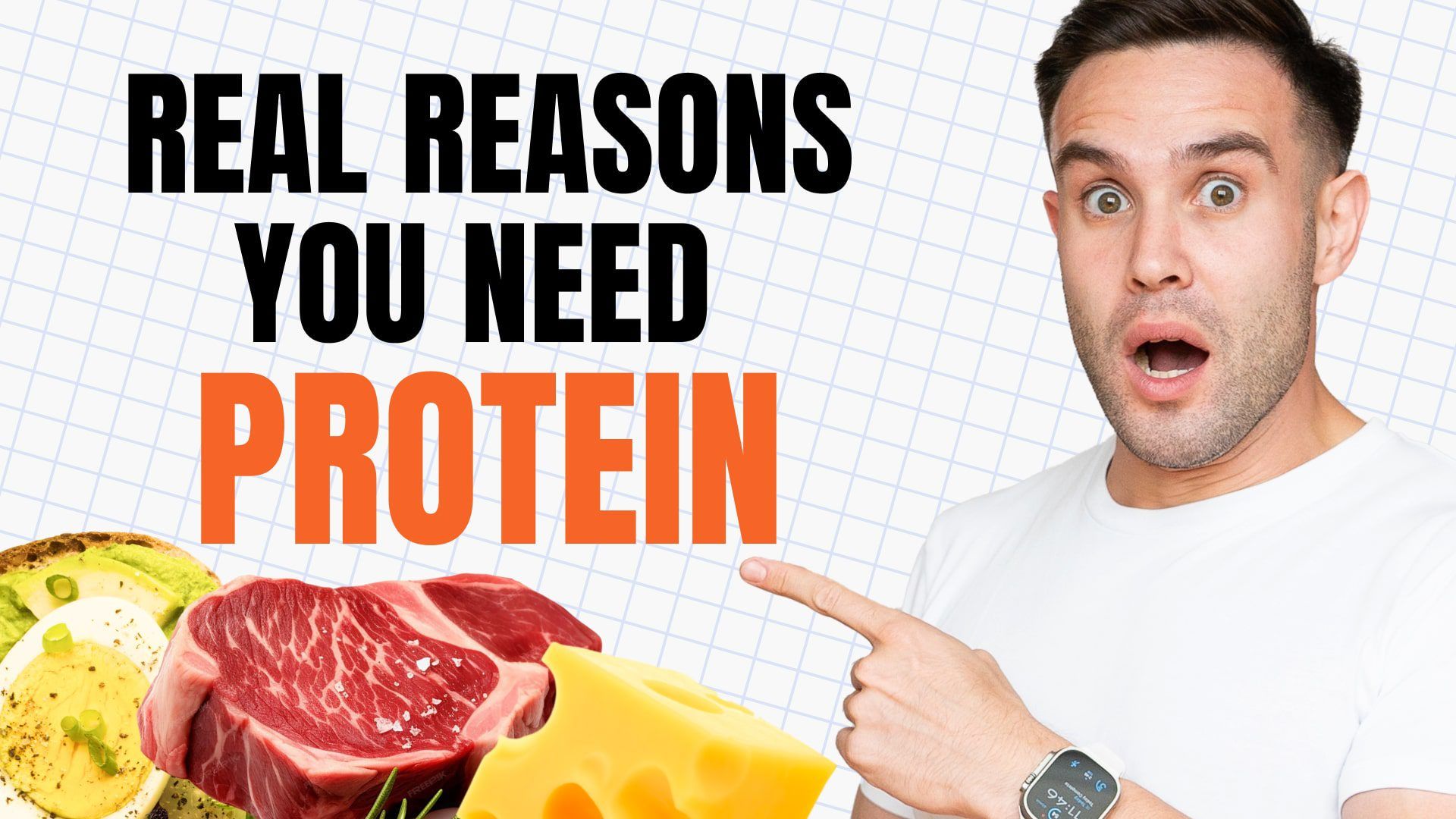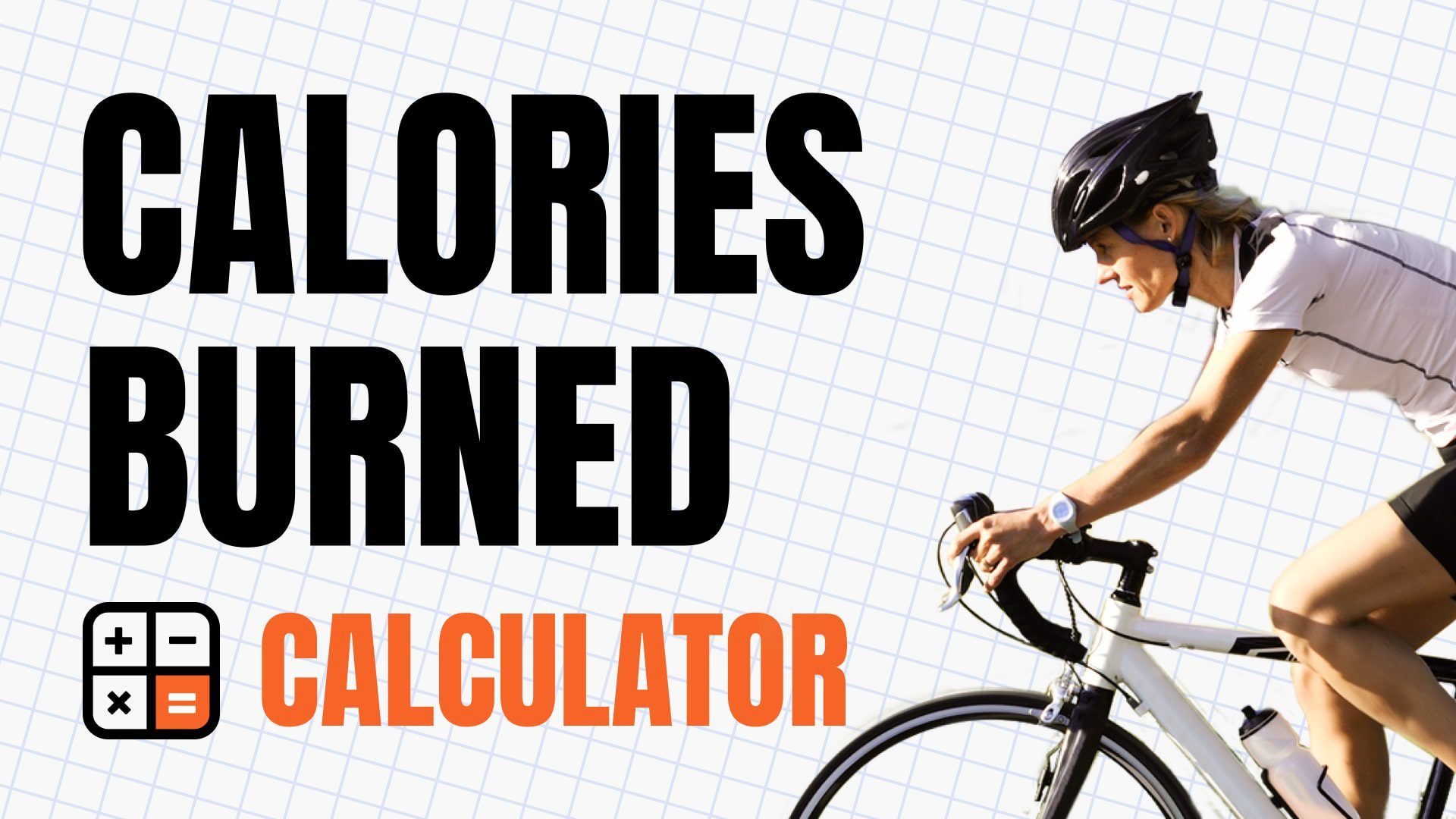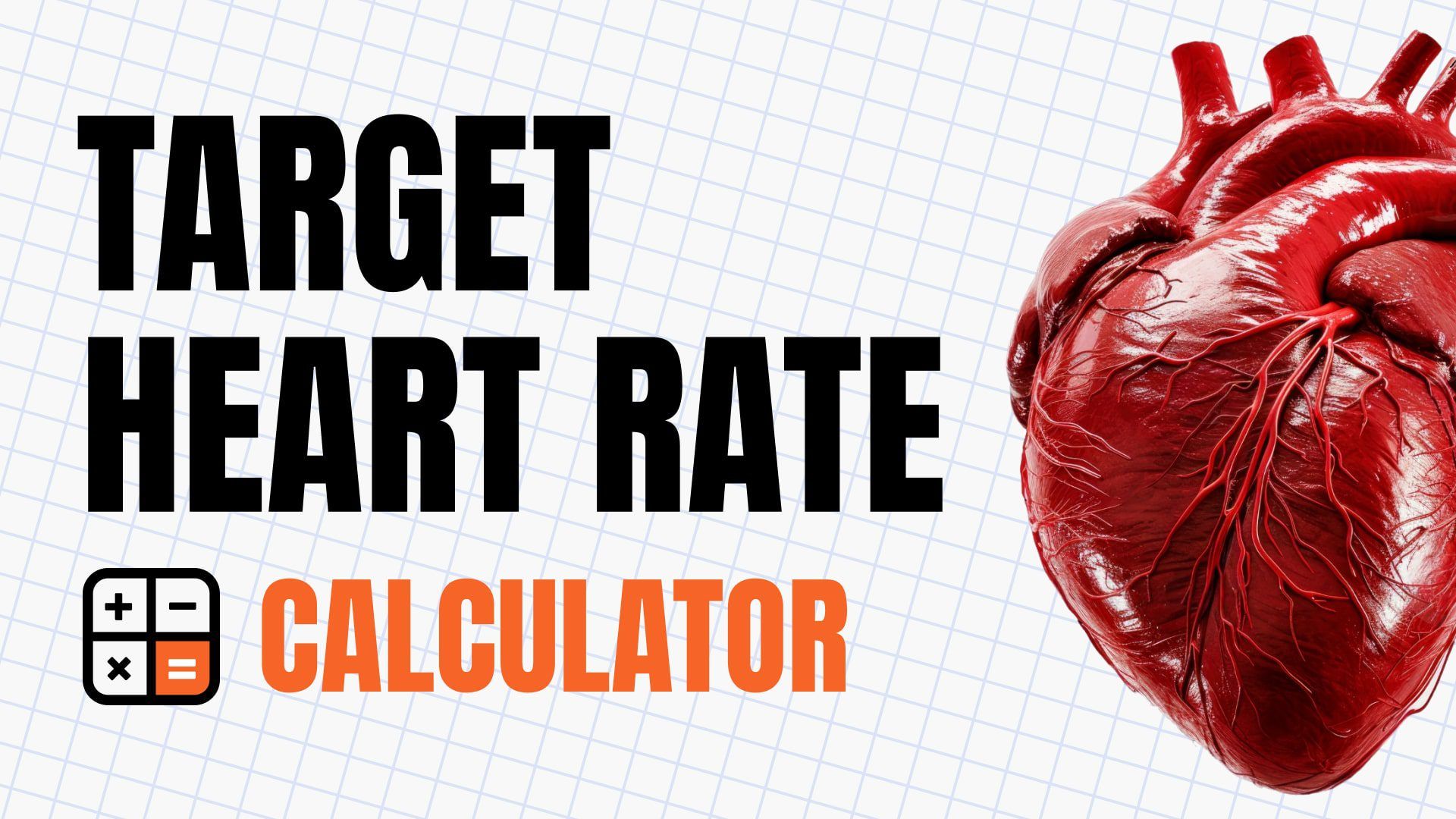Table of contents
In this article, you will learn
Protein is crucial to your diet and overall health. In this article, you’ll discover what protein is, its essential functions in your body, and why it’s so important.
Don’t like to read? Watch the video
What is Protein?
Protein is a nutrient your body needs in large amounts to function properly. It’s made up of smaller units called amino acids, which are linked together in chains. These chains fold into complex shapes, giving each protein a unique function in your body.
Why Protein Matters
Understanding what protein is can help you appreciate why it’s so important. Here are a few reasons why protein is vital for you:
- Building Blocks of Life: Amino acids, the building blocks of protein, are crucial for creating and repairing tissues in your body. Think of them as the bricks that build your house.
- Vital for Every Cell: Every cell in your body contains protein. From your muscles to your skin and even your hair and nails, protein is an essential component.
- Fuel for Your Body: While carbs and fats are often talked about as energy sources, protein also plays a role in providing energy, especially when you’re low on other nutrients.
Types of Proteins
Imagine proteins as the workers in a factory, each with a specific job to keep the factory (your body) running smoothly.
Protein isn’t just another nutrient—it’s a fundamental part of what makes you, you.
Proteins come in many forms:
- Structural Proteins: These provide support and shape to cells and tissues, like collagen in your skin and bones.
- Functional Proteins: These perform tasks such as enzymes that speed up chemical reactions and antibodies that fight infections.
- Storage Proteins: These store essential nutrients, like ferritin, which stores iron.
Why Protein is Important
Protein is essential for overall health and well-being. Here’s why:
01. Essential Nutrient for Overall Health
Your body cannot produce all the amino acids it needs, so you must get some from your diet. These are called essential amino acids. Eating a variety of protein-rich foods ensures you get all these vital nutrients.
02. Muscle Maintenance and Growth
Proteins are crucial for maintaining and building muscle mass. This is especially important if you’re active, trying to gain muscle, or, as you age, to prevent muscle loss.
03. Impact on Metabolism and Energy Levels
Protein has a higher thermodynamic effect than fats and carbohydrates, meaning your body uses more energy to digest it. This can boost your metabolism and help with weight management.
04. Healthy Skin, Hair, and Nails
Proteins like collagen and keratin are fundamental components of your skin, hair, and nails. Adequate protein intake helps keep them strong and healthy.
How does protein work in the body
Proteins play a multitude of roles in keeping you healthy. Here are some of the critical functions:
01. Building and Repairing Tissues
Proteins are essential for growth and repair. Whether you’re you’re recovering from an injury or just everyday wear and tear, proteins help rebuild tissues, including muscles, skin, and organs.
02. Enzyme and Hormone Production
Many enzymes and hormones are proteins. Enzymes are crucial for speeding up chemical reactions in your body, while hormones like insulin (which regulates blood sugar) are vital for maintaining bodily functions.
03. Immune Function Support
Proteins are a vital part of your immune system. Antibodies, which help defend your body against harmful invaders like bacteria and viruses, are proteins.
4. Transport and Storage of Molecules
Proteins help transport essential molecules throughout the body. For example, hemoglobin, a protein in red blood cells, carries oxygen from the lungs to the rest of the body.
Key Takeaways
- Protein is an essential nutrient that plays multiple roles in your body, including building and repairing tissues, producing enzymes and hormones, and supporting your immune system.
- You need to consume various protein-rich foods to meet your daily requirements.
- Understanding the importance of protein helps you make better dietary choices for overall health.
If you have any questions or want to learn more, visit my blog and follow me on social media for helpful guides and health and wellness tools.
Works Cited and Relevant Links
- National Institutes of Health (NIH). Protein: A Nutrient Essential for Good Health. Retrieved from https://www.nih.gov/news-events/news-releases/protein-nutrient-essential-good-health
- Harvard T.H. Chan School of Public Health. The Nutrition Source: Protein. Retrieved from https://www.hsph.harvard.edu/nutritionsource/what-should-you-eat/protein/
- World Health Organization (WHO). Protein and Amino Acid Requirements in Human Nutrition. Retrieved from https://www.who.int/nutrition/publications/nutrientrequirements/WHO_TRS_935/en/
- Mayo Clinic. Dietary Protein: Healthy Sources and How Much You Need. Retrieved from https://www.mayoclinic.org/healthy-lifestyle/nutrition-and-healthy-eating/in-depth/protein/art-20045171
- PubMed. Protein Intake and Human Health: The Optimal Protein Intake for Different Age Groups. Retrieved from https://pubmed.ncbi.nlm.nih.gov/29751545/
- Journal of the American Medical Association (JAMA). Dietary Protein and Muscle Mass: A Review. Retrieved from https://jamanetwork.com/journals/jama/fullarticle/2732927
This is a personal blog. I am not a doctor, fitness coach, nutritionist, or trained health professional. The information I share is based on my personal experience, self-research, and insights from working with health and wellness professionals. My content is for informational and entertainment purposes only and is not intended as health advice.
Always consult with your healthcare provider before making any significant changes to your health routines or treatments. I am not liable for any actions taken based on this information.
With that said, your well-being is my top priority. Stay healthy and take care!
Credits and Team

















Leave a Reply